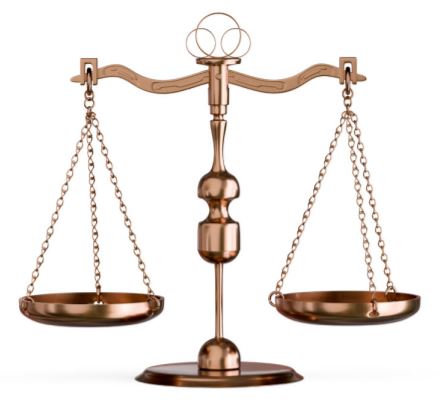Intestate. When used in regard to a person, intestate means not having made a legally valid will prior to death; when used in regard to property, intestate means not effectively disposed of by a legally valid will. A decedent’s estate is the property in the aggregate of a deceased person. If a decedent died intestate, then the decedant’s estate is wholly intestate. If the decedent died testate and the decedent’s will effectively disposes of all the decedent’s property, then the decedent’s estate is wholly testate. If, however, the decedant died testate, but the decedent’s will disposed of less than all of the decedent’s property, then the decedent’s estate comprises both a testate estate, which is distributed in accordance with the decedent’s will, and an intestate estate,which is distributed in accordance with the applicable state’s law of intestate succession.
Intestate Estate. A decedant’s intestate estate is any part of the decedant’s estate not effectively disposed of by the decedant’swill. A decedant’s intestate estate passes to the decedant’s spouse, if any, and heirs as prescribed in the applicable state’s laws of intestate succession. Under the applicable state’s law of intestate succession, the decedent’s spouse and heirs will receive the decedent’s intestate estate under the laws, one the one hand, of descent and distribution , and on the other hand, of the surviving spouse’s marital rights in the descedent’s estate.
Intestate Succession. Each state has a law of intestate succession that designates the persons who are to inherit the decedent’s intestate estate. Intestacy or succession laws vary by state, so an interested person must consult the intestacy or succession law of the applicable state to learn the law that will govern the distribution of the decedent’s intestate estate.

